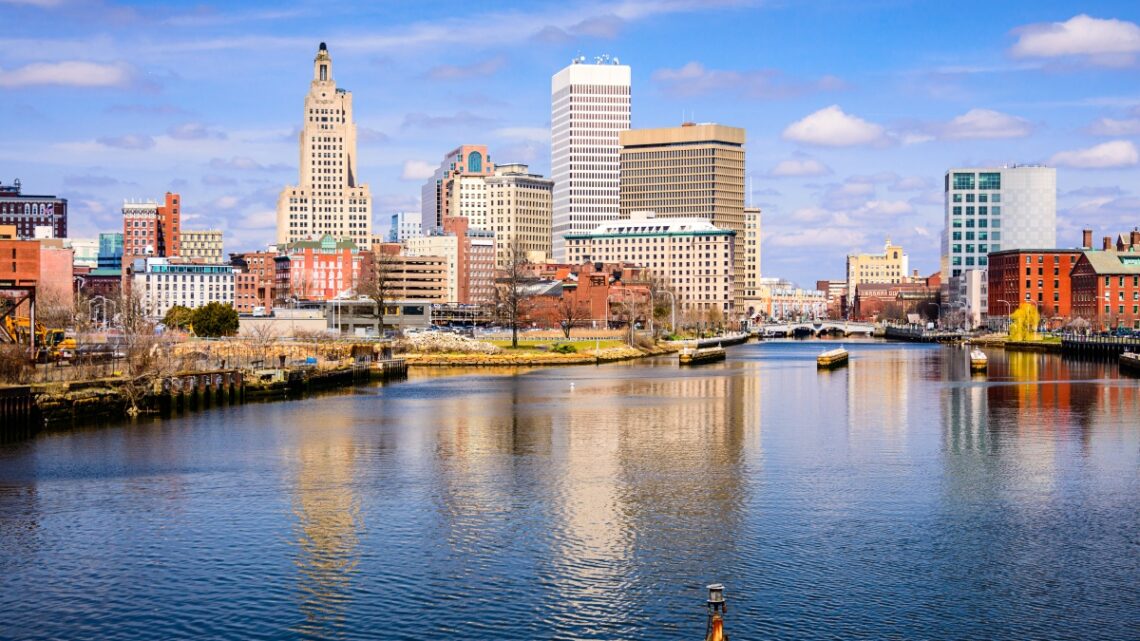
Rhode Island ranked 35th in analysis pitting COVID-19 shutdowns against economic impact
December 31, 2021Rhode Island was ranked the 35th most severe state in a recent study weighing state officials’ shutdown responses in the first 13 months of the pandemic against the subsequent economic impacts.
The Georgia Center for Opportunity, an independent, nonpartisan think tank, released a report, “Assessing Each State’s Response to the Pandemic: Understanding the Impact on Employment and Work.”
Researchers combed through mitigation measures taken from one state to the next from March 1, 2020, to March 31, 2021, through school and workplace closures, gathering restrictions, capacity limits, stay-at-home orders and other similar strategies.
Before an ultimate rank was prescribed, researchers ran a series of technical computations against workforce-related data.
Georgia Center’s methodology for its government severity index also was based off a separate study, the Abridged Oxford Stringency Index, from Oxford University in England.
Oxford researchers placed Rhode Island much higher on its severity index rankings – No. 4 – after examining statewide responses to public event cancellations, school and workplace closings and stay-a-home orders.
A statement within Georgia Center’s report explained the disparities between the two sets of rankings.
“Reviewing the Abridged Oxford Stringency Index more closely, it was decided to undertake a project of creating a new index to define more narrowly those economic actions with the most potential to harm employment and to provide an alternative methodology to account for local actions,” the statement read.
Erik Randolph, director of research at Georgia Center, said his team’s efforts did make a correlation between the severity of states’ government actions and economic impacts, resulting in a big-picture takeaway from the study’s conclusions.
“The jobs situation would likely be much better today, had some states been less severe with their economic restrictions to fight the public health threat from COVID-19 and its variant,” Randolph, who was the author of the report, said in a statement.
While each state’s response to the pandemic had variances, the reality is blue and red states alike incurred COVID-19 deaths, particularly in the first year before vaccines became available.
Randolph said the analysis did not provide a correlation between government shutdowns and the rate of COVID-19 hospitalizations or deaths, suggesting even the most severe actions failed to prevent deaths or hospitalizations linked to the virus.
“The results suggest that state and local governments must craft their economic response to the pandemic with greater care, seeking to impact employment less severely,” Randolph said.
In the government severity index, Washington state was ranked No. 1, followed by Hawaii, New York, Colorado and, at No. 5, California.
The five least severe states in the analysis were Nebraska, Iowa, North Dakota, South Dakota and, at No. 50, Ohio.
In a separate narrative analysis from key takeaways within the report, Georgia Center researchers pointed to the perceived value work has on society, which the organization described as “an often overlooked public health indicator.”
“Work has long been a measure of success and personal health for individuals and for communities,” the researchers wrote. “What’s more, the economic impacts of our pandemic-era responses – such as closed businesses and rising inflation indicators – are often most impactful to marginalized communities, including those in poverty and people of color.”
This article was originally posted on Rhode Island ranked 35th in analysis pitting COVID-19 shutdowns against economic impact


